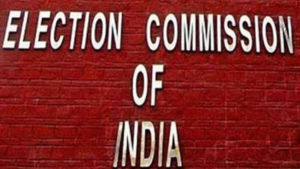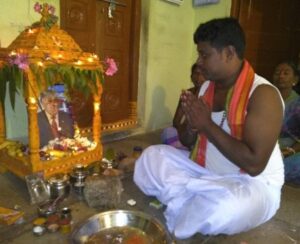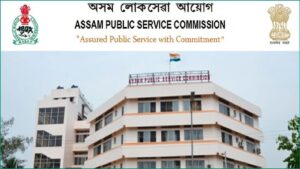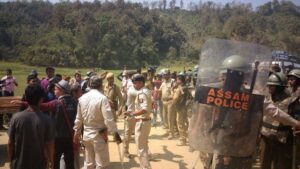Locals in Kashmir cry foul as non-locals take the lion's share for extracting natural mineral blocks in Kashmir.
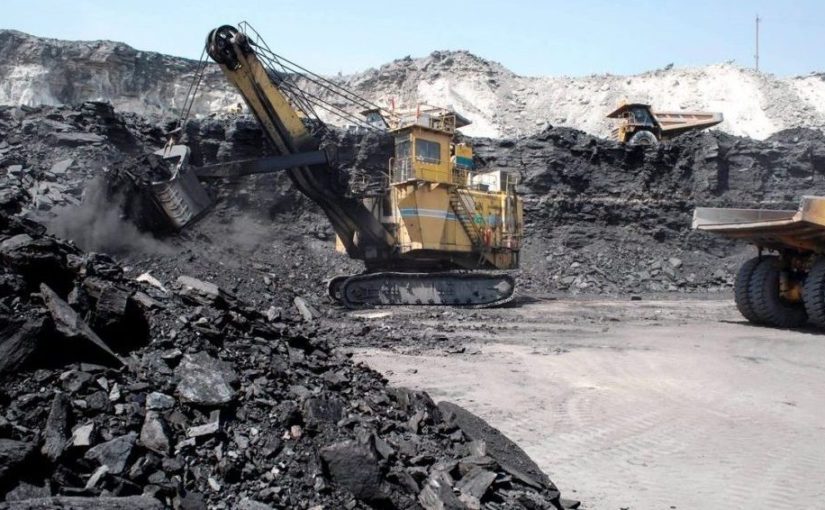
The local Kashmiri contractors pushed to backfoot as non-locals walkway with lion’s share, for the first time ever the non-local companies have bagged majority contracts for the extraction of minerals from the local water bodies.
The local businessmen were at crossroads as the bidding process started online due to restricted high-speed internet connectivity the locals were at a disadvantage after the center abrogated Article 370 on August 5, 2019. In all the 10 districts of the Kashmir valley, more than 200 mineral blocks in Jhelum and its tributaries were opened for extraction of sand, boulders, gravels, and other river bed material in December last year.
In every district where the bidding has been completed so far, the non-local contractors have bagged the major portion of the mineral blocks.
Srinagar the summer capital of J&K, all the 10 blocks went into the hands of non-local contractors against the bidding amount of Rs 5.08 crore. In north Kashmir’s Baramulla district, the 38 blocks of the mineral have fetched Rs 20.15 crore to the geology and mining department. Out of these, 26 went into the kitty of contractors outside the valley.
In Budgam district, the total number of 7 blocks auctioned at Rs 4.67 crore, out of which the contractor from Punjab managed to bag 4 blocks at river Jhelum, while the locals have to be satisfied with the remaining 3 blocks on the tributaries of Jhelum. The outside companies have taken over the mining rights more than 60% blocks in south Kashmir’s Pulwama district.
The Joint director of the Department of Geology and Mining, Imtiyaz Ahmad Khan, said the bidding process has been completed in seven regions of 10 districts.
All the rights for the extraction of mineral resources were reserved with local contractors. Most of these contractors were sand diggers associated with the extraction of mineral resources who live on the banks of river Jhelum, which has its origin in south Kashmir’s Anantnag district and crosses through many districts before reaching Baramulla in north Kashmir where it finally enters Pakistan occupied Kashmir.
After the abrogation of Article 370, these mineral blocks have been opened for all the contractors from all over the country. After changing J&K’s statehood into Union Territory, anybody can participate in the bidding. We have got a very good response this time,” said Khan. “This time the revenue realisation will be far higher. It was in lakhs of rupees in the past, now the revenue will jump to crores of rupees.”
He added the department was more concerned about earning revenue through bidding of the mineral blocks, even as allowing large scale exploitation of mineral resources from the water bodies has led to serious concerns about its impact on the environment. The environment seems to be the least priority for the department, “The higher the revenue”, things will be better for the government,” said Khan.
Another official from the mining department said the department will be completing its process of issuing the contracts by July end and the extraction of the minerals will start by August. “Though we are in process of finalising numbers, more than 70% of the total blocks have gone so far to the non-local contractors,” the official said, wishing anonymity.
As the Department of Geology and mining claimed that the competition has taken a jump this year as compared to past years, the internet suspension proved to be a major hindrance for local contractors. Internet services were blocked in the valley on the intervening night of August 4 and 5 last year. The service was partially resumed on January 25 this year. As the government decided the restoration of low-speed 2G internet in the valley.
A majority of local contractors who were deprived of filing bidding applications due to the non-availiability of high-speed internet there were few who waited for hours outside government-run internet facilities in Srinagar or by going to the other parts of the country to complete the formalities.
A local contractor from Srinagar Manzoor Malik said, “Most of us came to know about the tendering process only when it was over. The government knew the local contractors won’t be able to participate in the bidding owing to the internet blockade, but still, it went ahead with the process. This clearly indicates the real motive was to put us on the back seat by depriving us of our only livelihood.
He added there are more than two lakh people, from sand diggers to contractors, laborers, and transporters associated with the extraction process in a direct or indirect manner. Some of them especially sand diggers have been involved in these activities for decades. “All of them have been badly hit. How are going to earn?” asked Malik, “They are not even allowed to come closer to sand blocks.”
Another local contractor, Abdul Ahad said overnight most of the people who were associated with the mining process have been rendered jobless.
“It seems the government wanted us out of this business to leave the field open for the outsider. Else, how will they explain the inviting tenders online when they were well aware that there was no internet availability in the valley?” asked Ahad, who has been working as a contractor for the last 26 years. Ahad further added he too is looking for other options to shifting his business as he too could not take part in the bidding process due to internet suspension.
